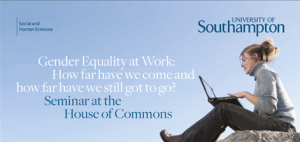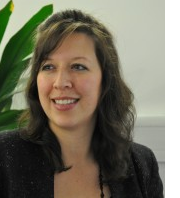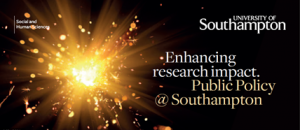Seminar 3: Perspectives of Employers
Digital technologies and school-to-work transition
Thursday, 11th July, 4 to 6pm| Building 32, Room 2097
We are an interdisciplinary working group at the Work Futures Research Centre at Southampton University. Our aim is to explore the role of digital technology in the formation of learner identities and in school-to-work transitions.
This 3rd seminar in our series will explore the ‘perspectives of employers in the field of IT’.
When?Thursday, 11th July, 4 to 6pm.
Where? Building 32, Room 2097, Highfield Campus, University of Southampton.
Presentations:
Confirmed speakers:
Julie Feest, Customer Director, e-skills UK
Bob Paton, Managing Director, Accenture
Oliver Pope & Hayley James, Apprentices, IBM
Tea & coffee will be served. There will be wine and nibbles after the seminar.
Background:
We are an interdisciplinary working group at the Work Futures Research Centre at Southampton University. Our aim is to explore the role of digital technology in the formation of learner identities and in school-to-work transitions. We are hosting a series of seminars, each on a particular theme, with invited scholars and practitioners in order to explore relevant issues and concepts in this area of research.
Questions that are of particular interest include:
- How is digital technology used to deliver education?
- How are digital skills taught in schools?
- How does digital technology shape young people’s learning?
- How does students’ informal learning of technology feed into the formal school context?
- How does digital technology translate into post-compulsory education career choices?
Please note that spaces are limited and will be allocated on a first come, first serve basis. If you are interested in participating, please register with Torhild Hearn via email T.Hearn@soton.ac.uk and let her know of any special dietary or other requirements.
If you would like more information about the seminar series, do not hesitate to contact me at M.Brockmann@soton.ac.uk
We hope that you will be able to join us and look forward to a stimulating discussion.
Further details about the project can be found on the WFRC Blog Digital technology, learner identities and school-to-work transitions.
Useful DOWNLOADS:
Seminar 1: Introductory Session
- Alison Fuller, Southampton Education School, University of Southampton: Alison Fuller, ‘Computer Clubs for Girls: the problem with seeing girls as the problem!’
- Dr John Woollard, Programme Director for PGCE Primary, Southampton Education School, University of Southampton: John Woollard, ‘The new ICT and computing curriculum’
Seminar 2: Practitioner Perspectives
- Cythia Selby- Subject Leader, ICT and Computing, Bay House School Sixth Form College: Cythia Selby, ‘Digital Technologies: A Post- 16 Perspective’ Presentation
- Phil Bagge- Hampshire County Council Lead Computing/ICT teacher, CAS Primary Facilitator: Phil Bagge, ‘How does students’ informal learning of technology feed into the formal school context?’ Presentation
Seminar 3: Perspectives of Employers in the Field of IT
- Julie Feest, Customer Director, e-skills UK: ‘Working in partnership with employers to drive growth of Digital Industries
- Oliver Pope & Hayley James, Apprentices, IBM: ‘The IBM Apprenticeship Scheme’
Project details available here.






